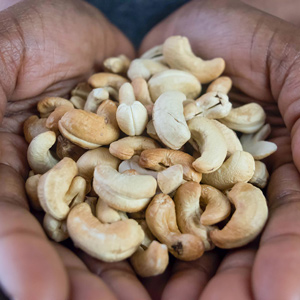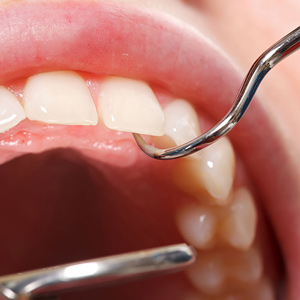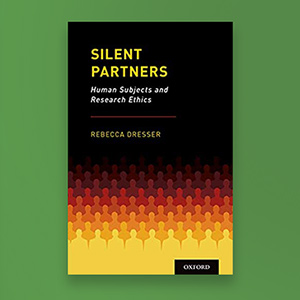-
Healthy Habits
Clearing the FogCoping strategies can help with cancer-related cognitive impairments.
by Ashley P. Taylor
-
Sound Advice
Winter 2020/2021vol 10 | issue 04
Experts answer questions about limiting exposure to the coronavirus, how to talk about a cancer recurrence with loved ones, and strategies for dealing with a loss of health insurance. -
Forward Look
Minimizing Chemotherapy-Related Nausea and VomitingEffective treatments are available for nausea during chemotherapy, but they aren't always used.
by Lindsey Konkel
-
Getting Serious About Depression
Cancer survivors have higher rates of depression than the general population, but many don't know help is available.
by Cameron Walker
-
Healthy Habits
Health NutsEating tree nuts may decrease cancer risk, especially for cancers of the digestive system.
by Tara Santora
-
Forward Look
Watch Your MouthDental screening before treatment could stave off dental emergencies.
by Nancy Averett
-
Forward Look
Support Services Help Improve Patient OutcomesStudy suggests far-reaching benefits of mental health treatment.
by Sharon Tregaskis
-
Your Cancer Guide
New Rules of EngagementAs the pandemic continues, cancer patients and survivors must weight fears of possible infection with their need to live fully.
by Hester Hill Schnipper
-
Q&A
Ethics in PracticeRebecca Dresser explores the history and burdens of clinical trials through the lens of a cancer survivor and medical ethicist.
by Marci A. Landsmann
-
Physicians Underestimate Severity of Radiation Side Effects
Breast cancer patients' symptoms after radiation therapy may go underrecognized, especially if these patients are Black or younger in age.
by Marci A. Landsmann
Cancer Talk
Lessons From 20 Years Living With Cancer
Multiple myeloma survivor Jonathan Gluck reflects on uncertainty, and the scientific progress that has kept him living with cancer for more than two decades.
by Eric Fitzsimmons
The Enduring Importance of Cancer Disparities ResearchOpening session from AACR conference highlights how perseverance and adversity have informed cancer disparities research over the years.
by Eric Fitzsimmons
Most Cancer Survivors Don’t Meet Healthy Diet GoalsDespite research linking fruits and vegetables to cancer survival, many people do not change their eating habits after diagnosis.
by Darlene Dobkowski
Many People Don’t Get Colonoscopy After Receiving Abnormal Blood TestsAbout half of people who receive abnormal results from colorectal cancer screening tests don’t follow up with a colonoscopy.
by Laura Gesualdi Gilmore















